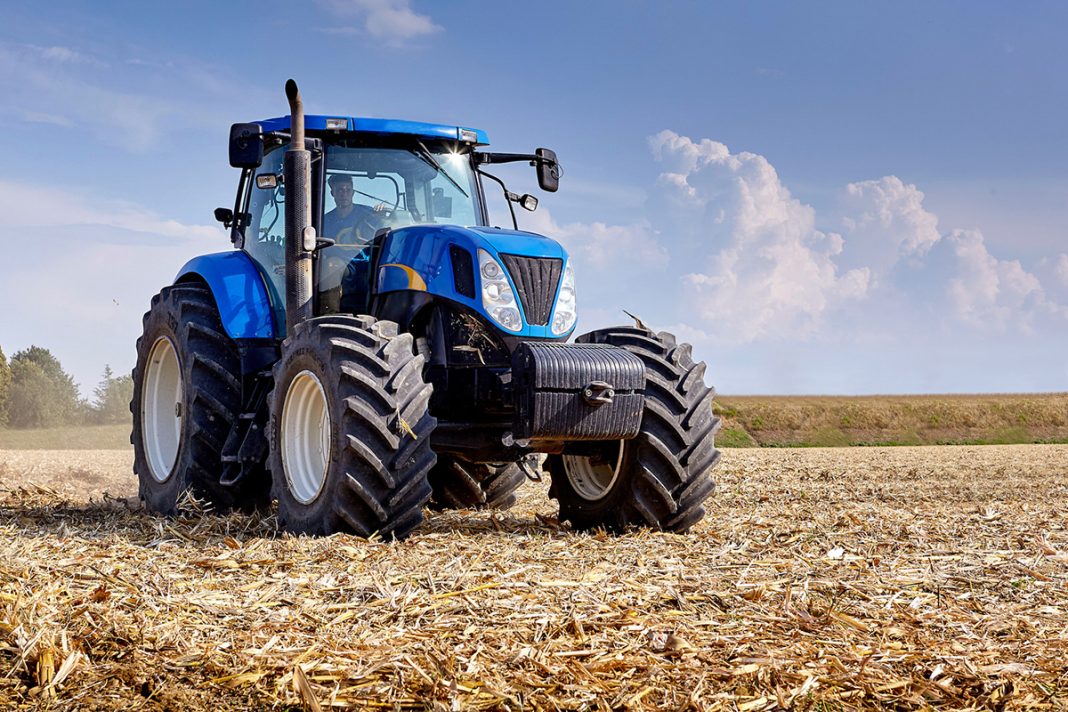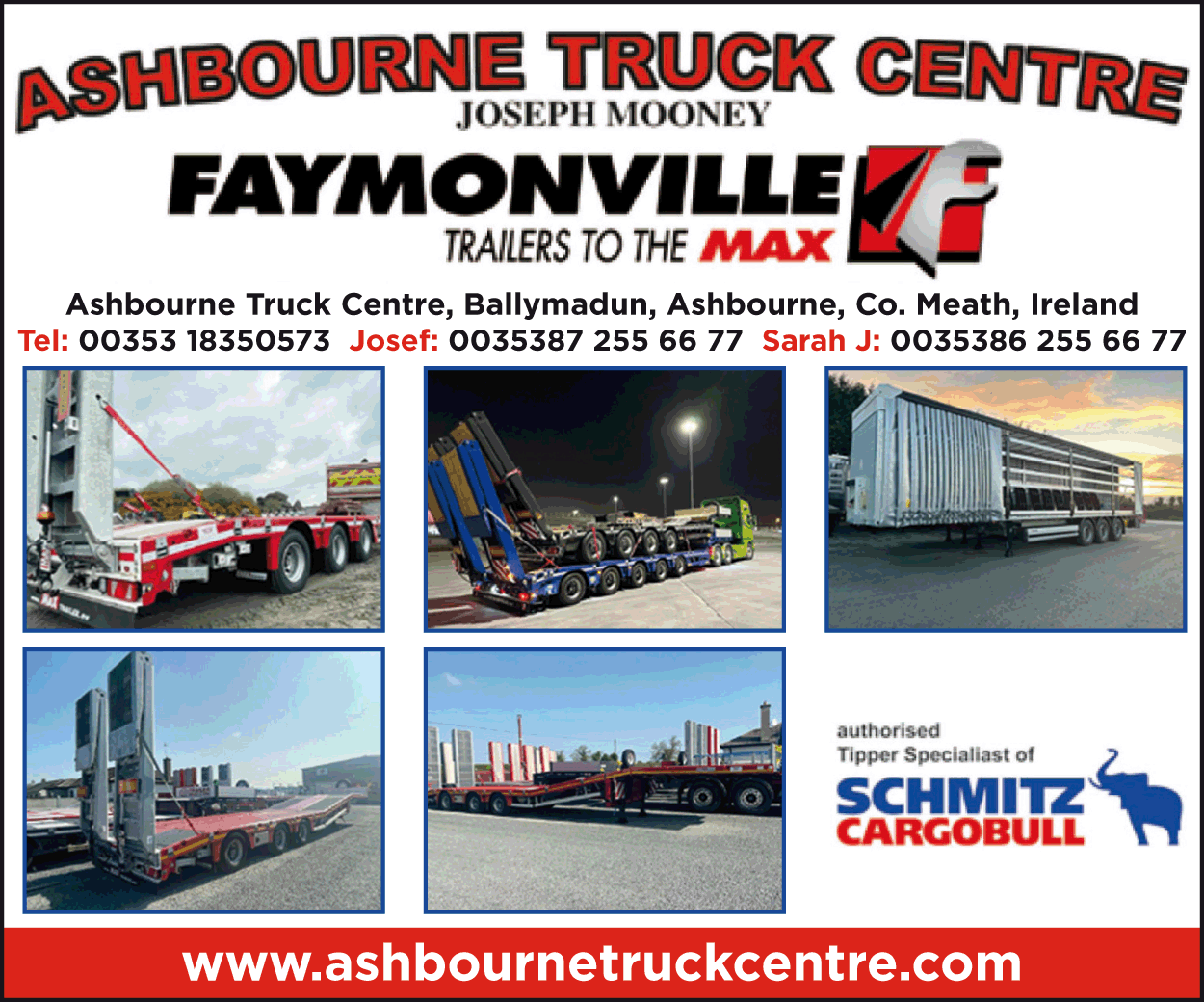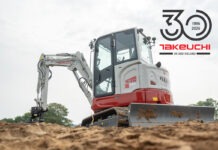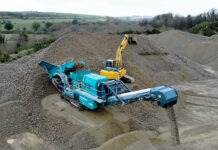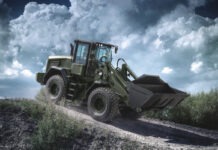Over the last two decades, we have seen giant leaps forward in terms of innovation in agriculture, especially since digitalization came up.
Yet, as rooted in many cultures, there is still a tendency to hand down habits that are today far from reality.
One of these is the habit of hydroflating farming tyres as an effective solution for ballasting operating equipment.
Today, supported by BKT, we are dispelling this habit, which definitely belongs to the past – above all because a certain type of tire belongs to the past, which has been replaced with sophisticated products with innovative technology.
What drives farmers to ballast their equipment?
The idea is that the weight of the water provides the tires with greater traction, more grip, and helps prevent slippage.
However, the practice of hydroflating can seriously compromise operator safety.
This is because each tractor is checked and registered with air-inflated tyres only. These are the basis of calculations relating to the inertial forces while running and to the transmission of vibrations, particularly on the road.
If tires are water ballasted – especially in relation to high-powered tractors traveling at speeds even exceeding 50/60 km/h – all safety parameters regarding driving dynamics (such as lane changes, under- and oversteering bends, etc.) and the transmission of vibrations are completely ignored; and this can cause serious problems.
These negative effects on driving dynamics and on vibrations can cause serious issues for both equipment and operator.
As a result of research and sensitivity towards its reference market, BKT, a global leader in the Off-Highway tire sector, advises against hydroflating – not only because this technique affects safety, but to put it in much simpler words: there is definitely no need anymore.
Thanks to innovation, indeed, there is a new generation of tires that is able to completely satisfy the needs of agricultural operators, without the risk of compromising safety.
Specific products for every situation, terrain and purpose are designed to offer maximum traction in all operating conditions.
Latest-generation tires, for instance, include VF (very high flexion) tyres enabling agricultural machinery to carry heavier loads at reduced inflation pressure. VF technology is also designed to offer greater traction and to prevent tire slippage.
Water ballasting tyres is a no-go practice for these products. If inflated with water, tires are much stiffer, and all performance is compromised. Flotation, a specific feature of VF tyres, will no longer be possible, and hence the main advantage of using these products would be lost.
Agriculture is a 10,000-year-old practice, hydroflating tyres much more recent. But it is time the latter remained written history; the future of farming, not least thanks to companies like BKT, is much simpler than we imagine.


